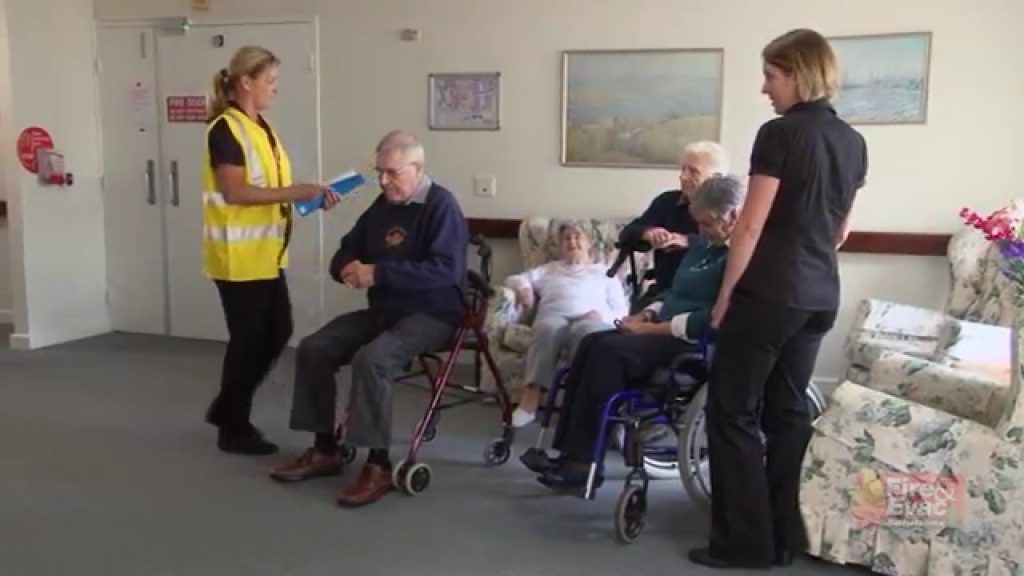
There are many unmet care needs for older people, particularly for those with chronic conditions. These include their physical and mental health, their social life, and the environment in which they live. The care environment is also important, as are care models and support services. This article will provide an overview of some of the key elements that older people with chronic conditions need.
Analytical themes
Analytical themes are used to explore underlying wishes of older people and wilmacliving.com shows how these may be best met. Analytical themes can be categorized into three main categories: feeling safe, feeling meaningful, and maintaining independence. While these themes were not present in all studies, they represent common underlying wishes of older people and how they may be met in ambulatory care settings.
Generally, older people want to maintain their independence and maintain their sense of worth. They are reluctant to seek support because they fear losing control, and they delay receiving care as long as possible. However, they do recognize that they need help to maintain their sense of self-worth.
Related: Nutrition Needs When You Are Over 65

Importance of personal care relationships
Personal care relationships are vital for the success of senior care workers and organisations. Senior care workers need to work as a team to provide effective care for older people. In addition, it is important to be an active member of the senior care community and to advocate for the needs of aging loved ones.
There are many factors affecting the quality of care provided for older people. These factors include a person’s physical and psychological well-being, social life, environment and care models, and support services. Improving these factors is a top priority in public health.
Impact of frailty
The impact of frailty on care and support of older people is complex and wide-ranging. Frail older adults are often the most costly consumers of health resources, and their care requires assistance from formal systems as well as their families. This article addresses some of these issues, examining the implications for the future of health care, and suggesting nursing priorities to address these needs.
The results of the study indicate that frailty is inversely related to caregivers’ care-related quality of life. Care-related quality of life is associated with increased psychological well-being, lower quality of life for the caregiver and reduced health-related costs.
Importance of ambulatory care
As our population ages, the importance of ambulatory care is expected to increase. The focus of healthcare services will shift from curing disease to promoting an active role in patients’ lives. Ambulatory care is the delivery of a wide range of medical services on an outpatient basis. It is considered to be the best method for managing complex chronic care, timely access, care coordination, and cost efficiency.
This type of care can be managed by older people who are in good health or by their family. However, a more thorough systematic review is needed to take into account the subjective perspective of older people. Consequently, this study aimed to synthesize qualitative evidence about ambulatory care for older people.

Importance of social inclusion
Increasing social inclusion and community cohesion is essential for ensuring that older people are not isolated. Despite the challenges faced by older people, they have developed strategies that help them cope with loneliness. These include keeping busy by taking up solitary activities or accepting low social contacts. However, there is only limited evidence on the impact of these strategies, possibly because older people do not have access to professional advice or services. This article highlights the need to increase the availability of social inclusion and community support for older adults, as well as to better understand the barriers that older people face in accessing services.
Improving social inclusion is also important from an economic perspective. Social exclusion and isolation of disadvantaged groups can be costly to both individuals and society. It can result in poor health, loneliness and low self-esteem.
Importance of addressing unmet LTSS needs
Providing assistance for people with LTSS is becoming increasingly important as the beneficiary population becomes more diverse. As a result, cultural competence and language access are crucial in outreach and care planning, as well as in service delivery. In addition to offering support, referral networks can help people in need find the appropriate services.
Most LTSS is provided by unpaid caregivers, including family members and friends. These caregivers provide assistance in the community, allowing older people to age in place. According to a national survey conducted in 2012, the majority of family caregivers are women and have been providing care to an aging parent for at least one year. These caregiving efforts range from simple transportation to more intensive assistance.


